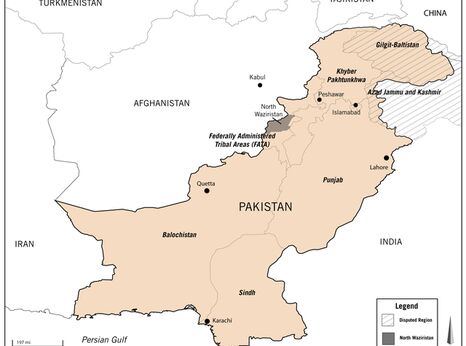Pakistan: Human rights defender abducted without race

Seengar Noonari is a grassroots activist who has been engaged in social work and uplifting his community. This has included work to promote the education of girls, calling for more government schools to be built in his district of Nasirabad in Sindh. He has also been engaged with groups that promote social and religious harmony. In 2009, he joined the Awami Workers Party, a political organization that works to promote the rights of workers, peasants, students, women and ethnic and religious minorities. Through that he has been campaigning to improve working conditions and most recently, has been organizing his community to push back against allegedly illegal land grabs by a private property developer. It is widely believed by his supporters that this is what resulted in his forced abduction.
Fouzia, Seengar Noonari’s wife, told Amnesty International that at 3:00 am on the morning of 26 June 2021, about 15 armed men broke into their small house while they were asleep. Her children, aged between 15 months and 10 years, were with them as they ransacked their house. They seized two mobile phones, an internet device, a USB and a few books before blindfolding Seengar and taking him away.
His wife submitted a petition to the Sindh High Court on 2 July, calling for Seengar to be produced in court. Notices were issued to the Sindh police, the chief of Rangers (a paramilitary force under the command of the Pakistan army) and the station house officer of Nasirabad Police Station, alongside the Deputy and Additional Attorney Generals, seeking their response by July 13. In previous cases, however, such orders have not been adhered to. Court orders from all over the country surrounding the whereabouts of a disappeared person have been flouted or face extraordinary delays.
In Pakistan, enforced disappearance has been used as a tool to muzzle dissent. The individuals and groups targeted in enforced disappearances include Sindhis, Baloch, Pashtuns, the Shia community, political activists, human rights defenders, members and supporters of religious and nationalist groups, suspected members of armed groups, and proscribed religious and political organisations in Pakistan.
The current government of Imran Khan promised to criminalize enforced disappearances through legislation. After families staged a sit-in in Feb 2021 for days, Imran Khan met with the families, pledging to bring an end to the practice. According to victim groups, there have been some returns in recent months.
However, these seem to be ad hoc, and returnees are reluctant to share their experiences and never press charges. Dr Shireen Mazari, the Minister for Human Rights, introduced a bill in the National Assembly criminalizing enforced disappearance in June 2021, but the practice of enforced disappearance continues in the country with impunity.